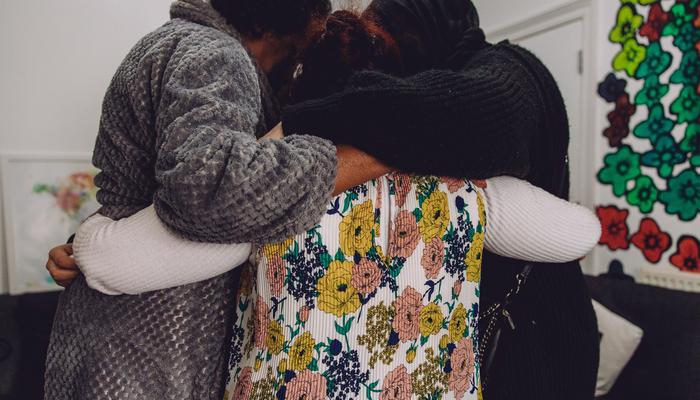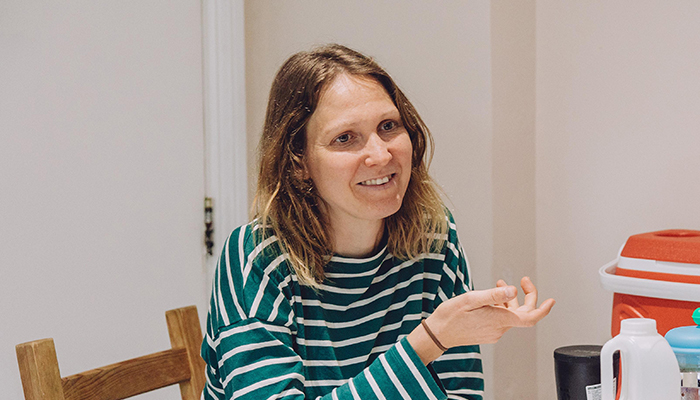Celebrating women supporting women
One in three women and girls will face violence in their lifetime. On International Women’s Day we want to celebrate some of our women-led charity partners and the women that they are supporting to recover from abuse and rebuild their lives. #IWD2024
08 March 2024









